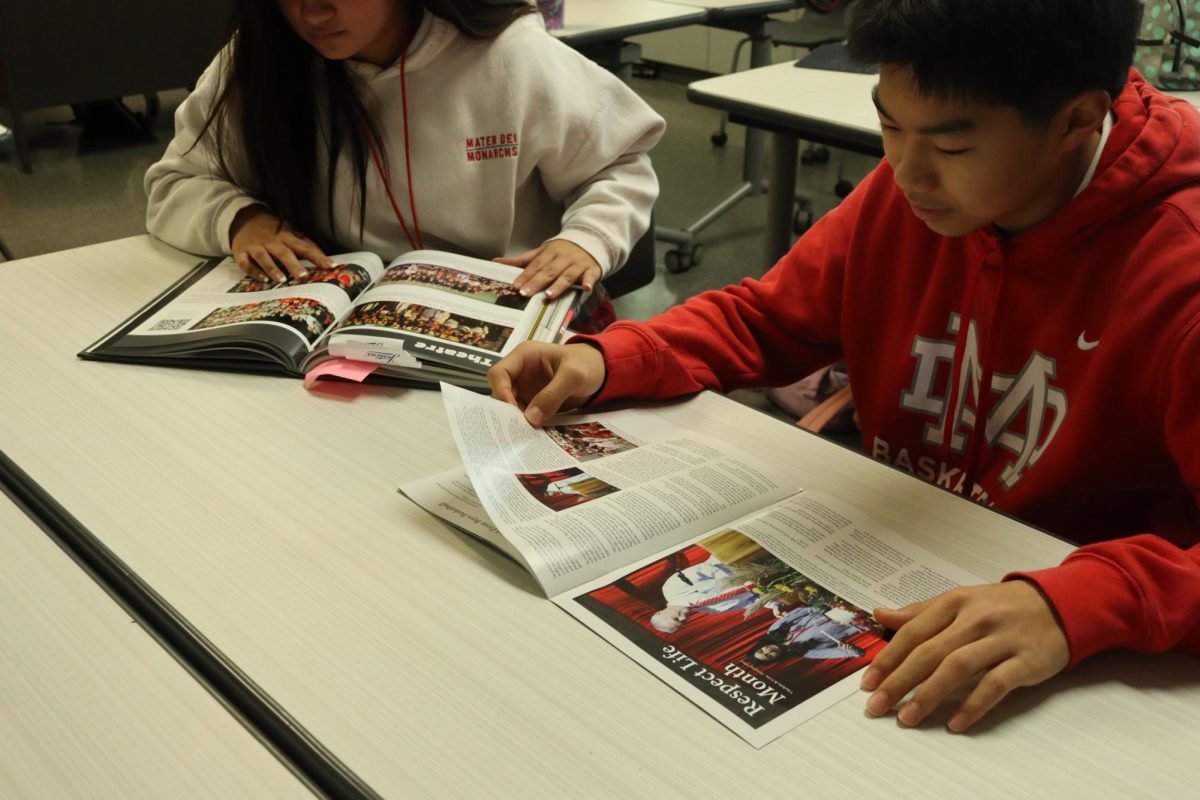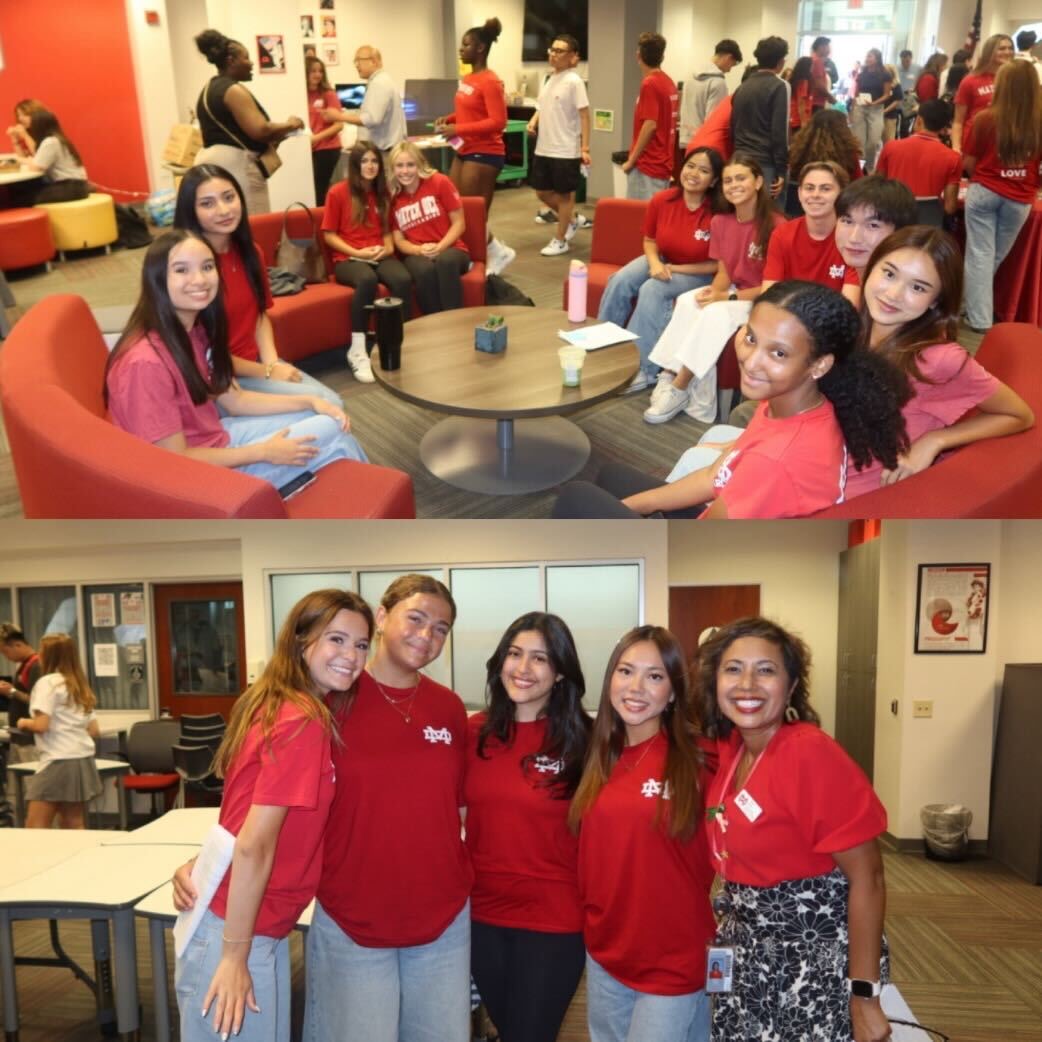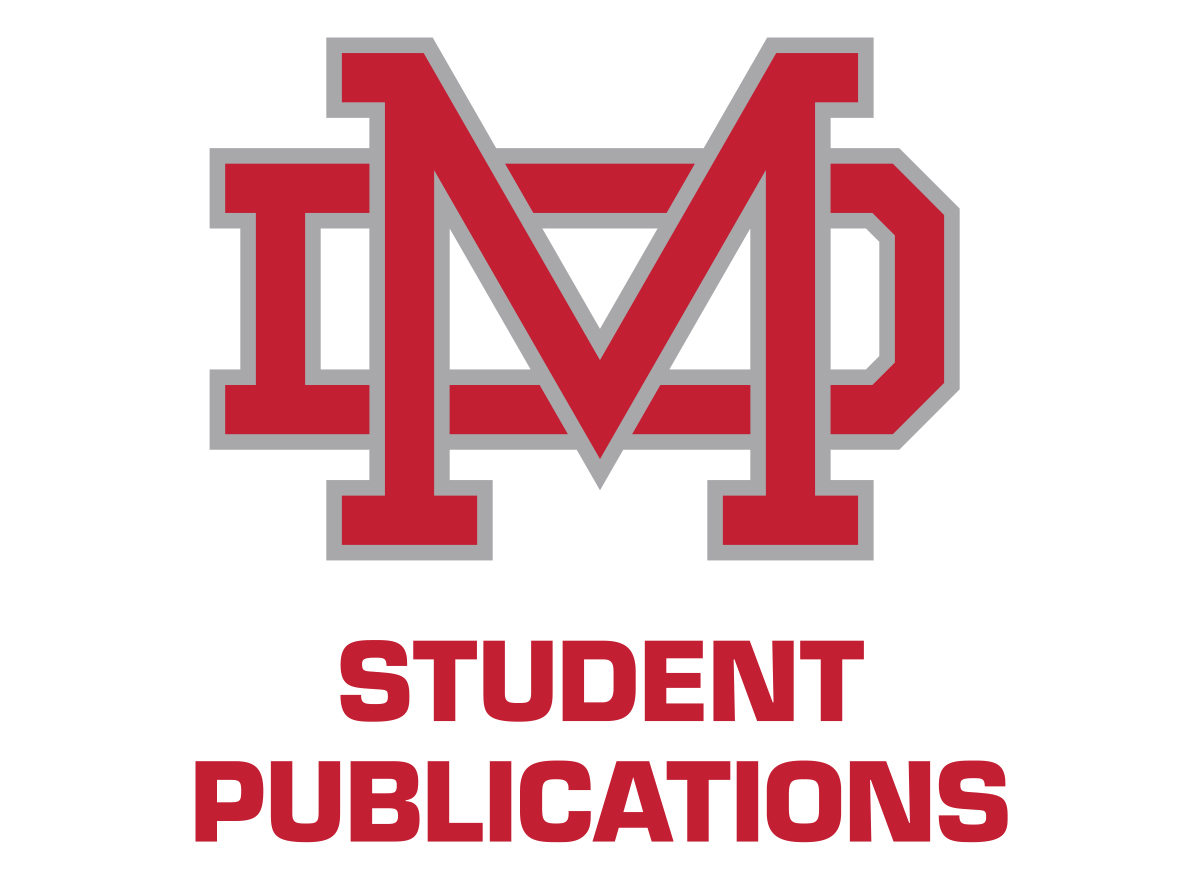Journalism is the research, writing, and distribution of news related items through both print and electronic forms of media and communication. For decades, it has been the backbone of society as it informs the public on all aspects of life. From top news stories covering world-altering events to lifestyle articles recommending the newest trends, journalists reach millions of people worldwide.
Unfortunately, today’s society sometimes views journalistic careers in a negative light, citing the low wages and competitive atmosphere as some of the reasons for it being a “dying field.” Gretel Khan, a Panamanian journalist who worked for the Canadian Broadcasting Corporation, shared her own experiences in covering daily news to the Reuters Institute for the Study of Journalism through the University of Oxford.
“Every year seems to be the worst year for journalism lately,” Khan said. “Layoffs reached a new world record, artificial intelligence may have begun to displace journalists, and the war in Gaza claimed the lives of a record number of reporters. All this was compounded by long hours, chronic underpayment and a declining number of journalism jobs.”
While a low salary is a major contributor to the decline in journalism’s popularity as a profession due to the ever changing economic status of the world, there are also other factors such as the lack of trust from the public due to false news outlets creating a harmful reputation for the entire field. The Scarlet Scroll’s Editor-in-Chief Charlotte de Leon actually hopes to pursue journalism herself as she moves onto college, but is not blind to these obvious issues and roadblocks.
“I just don’t know if I will be able to financially support myself, which I also think [is] part of the whole reason why people say not to become a journalist,” de Leon said. “I kind of see that, because no one really trusts journalists anymore. At least for me personally, every time I read or watch [the] news, I’m always thinking, oh, there’s a certain agenda behind it. They have a motive. It’s not completely unbiased and factual.”
These factors pose the question in many young minds today: Why should I even become a journalist? Despite taking into consideration the adversities that journalists might face in their professional lives, this role is still so important in society. Its existence is necessary as it informs the public on current day events and shares stories that can change lives. This is why many aspiring student journalists still push the boundaries by challenging themselves to work towards the future of journalism.
“I want to share [the] truth with others and promote unbiased information that’s easily accessible for everyone in a world that’s very divisive and biased because everyone deserves to know the truth,” de Leon said.
Students with similar passions and hopes as de Leon can help to fuel the resurgence of journalism, creating an even better future for the field. They encourage fellow students with a passion for writing, photography, and communication to give journalism a chance as it can fuel a deep passion and help them reach and inform the broader community.
“I believe that students should still pursue journalism and find ways to [become involved in] it in high school because it gives you a great opportunity to seek out new information and delve deeper into what’s going on in the world,” de Leon said. “Oftentimes we’re very prone to just falling into very narrow mindsets. Journalism helps you to open your mind to new ideas.”
Journalism not only allows the actual writer to discover a whole new world of information, but it also gives the readers that same experience. Students should seek out participation in their school or local city’s publications so they can continue the legacy, and continue telling the stories that need to be heard. Adviser of The Scarlet Scroll Newspaper and previous newspaper/publisher employee, Nicole Howard ‘85, touches on why she views student involvement in journalism as important.
“I do think that today’s journalist, who’s really just seeking for the truth and really looking for what the whole story is and covering all aspects of this story (not just one side) is very important,” Howard said.
As she looks at the world around her, as well as observing her own students within the newspaper, she notices that changes are constantly occurring. She acknowledges that a lack of popularity in the profession doesn’t mean that it is coming to an end, but blossoming into a new beginning.
“I don’t think that journalism will ever die in its entirety,” Howard said. “I think that journalism as we know it today is changing and evolving.”
Howard sees journalism as a chance for students to use their talents and skills in the real world. She encourages those passionate in the field to continue working hard and chasing their dreams. Students should take journalism as an opportunity to use their voice, and pursue it for the right reasons. Howard notes that the world would not be the same without journalists, so we need to continue sharing our stories with society.
“If you get enough experience behind you, and enough confidence behind you, and enough courage, then go out and be more of an independent journalist,” Howard said. “Carry out all the good parts of journalism and all the important parts, because our society needs to know what’s happening [in the world today].”









![SETTING THE STANDARD: Mater Dei High School and Playfly Sports announced its historic media partnership in the spring of 2025. As Mater Dei Athletics continues to achieve new heights, Playfly will introduce new partnerships and sponsors for these programs. With the added revenue and resources, Mater Dei can improve the high school experience for all students, while engaging the community in a showcase of Monarch pride. “[This partnership is designed] to increase the experience that our athletes and our non-student athletes have with the [athletic] programs,” Melvin said. “School spirit, engagement, and pride are all things we [keep in mind].” Photo taken by Kenzington Ragge.](https://thescarletscroll.com/wp-content/uploads/2025/09/IMG_0237.jpeg)
